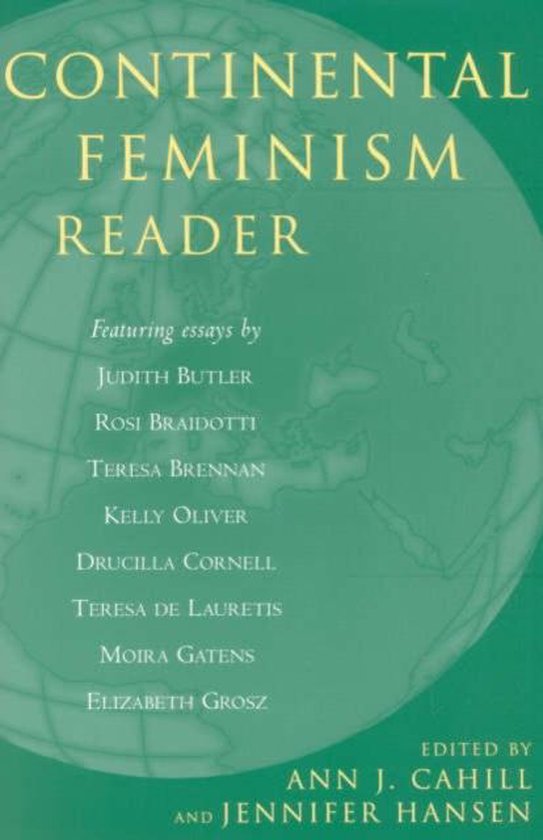What is utilitarianism about? In a nutshell:
If you like reading about philosophy, here’s a free, weekly newsletter with articles just like this one: Send it to me!
A case
Imagine that you are faced with a decision and have a range of options available to you. Which one should you choose? Let’s say, you are a doctor in a hospital and two patients are lying in front of you, both in need of the one ventilator that’s available: one is young and strong, just began his university studies before he suddenly fell ill. His prognosis is good: If he gets the ventilator, he will probably make it and have a long life afterwards. The other is an older man, now the president of a big computer company, a philanthropist supporting many charities, but his health is not so good. Even if he survives on this ventilator, he’ll eventually die from one of his other ailments, perhaps this year, perhaps next. There’s no way to know for sure.
What will you do? Who of the two should get the chance to live?
The basic premise
Utilitarianism tries to answer this question in a way that doesn’t require us to believe anything: we don’t need God, we don’t need to follow the Bible, we don’t even need to believe Kant or Aristotle.
We only need to agree on one single premise: that all human beings ultimately want to be happy.
If we can agree to this, then it follows naturally that the best action would be the one that maximises the happiness of all who are concerned: those whom my decision will affect. This is what Jeremy Bentham (1748-1832) and John Stuart Mill (1806-1873) called “utilitarianism”: the principle that we should aim to maximise “utility,” which is nothing else but “happiness over unhappiness and pleasure over pain” (Bentham).
Criticism
But here the trouble with utilitarianism begins. Obviously, my two patients are not going to agree on whose survival makes them happier. The one who survives will be happy, the other unhappy (and dead). So we’ll have to consider a few more factors. Their families, for example. Let’s say, the young one has a big family, who all love him, and they will be devastated if he dies. The older company president is an orphan, has never had any attachments, lives alone and cares only for his work. Now it seems easier to see where most happiness will be generated. But what if we also take the charities into account? What if we also count the users of the software that the president’s company is making? But then, what about …
Read the full article which is published on Daily Philosophy (external link)






